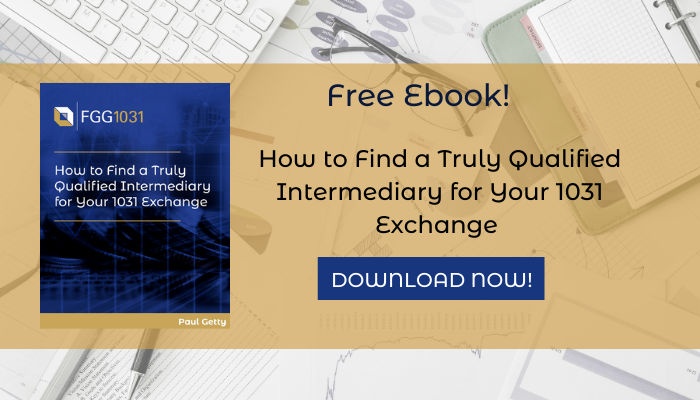For many years, the Triple Net (NNN) lease has been a popular investment option for investors seeking to own high-quality commercial real estate that can provide relatively stable income with minimal risk. NNN lease investments are also attractive to investors who prefer not to be responsible for day-to-day property-related expenses and management.
What is a NNN lease, and who pays what?
A NNN lease is a contract between a property owner and a tenant where the tenant pays its pro-rata share of all operating expenses in addition to paying rent.
Costs Paid by Tenant
Depending on how the lease agreement is structured, the tenant is usually responsible for paying all costs associated with:
- Property Taxes
- Maintenance Costs
- Insurance
- Utilities
Costs Paid by Owner/Landlord
While a NNN lease is generally considered a passive real estate investment where the owner has very few responsibilities and minimal overhead costs, there are certain costs that the owner is usually responsible for. Those include:
Mortgage Payments
If the property is financed, the owner is responsible for the monthly mortgage payments and any related financing fees.
Structure Repairs
While the tenant is generally responsible for day-to-day maintenance expenses, the owner may be required to cover the costs for structural repairs and major property upkeep for areas like the roof, exterior walls, and plumbing/electrical repairs.
Other Lease Structures and Property Types
The NNN lease is not the only type of lease structure available to owners and tenants. Other types include:
- Gross lease where the tenant pays the base rent and nothing more.
- Single net lease where the tenant is responsible for only paying the base rent and the property taxes.
- Double net lease where the tenant pays the base rent plus property taxes and insurance.
These different lease structures are designed to meet specific owner/tenant requirements, but the NNN lease remains one of the most popular types.
Triple Net leases are used for various investment properties like office, industrial, retail shopping centers, and free-standing buildings. A triple net NNN investment opportunity could include a portfolio of different properties or a single free-standing property leased by one tenant, known as a single tenant net lease.
NNN Lease Benefits
For investors, NNN lease investments offer the potential for long-term income stability with the opportunity for capital appreciation on the investment when the property is sold. Also, as a passive investment, investors have less responsibilities for the management requirements of the property than with other investments.
Owners often see NNN leases as beneficial because they can be a reliable source of income since many tenants are often nationally recognized companies with excellent credit ratings, and lease terms can be as long as 20-25 years. Owners also can keep overhead costs low and have a less active role in managing the property.
Tenants benefit from NNN leases because they can brand and customize the space to meet corporate requirements for a consistent customer experience. Also, NNN leases are typically structured so that rent, tax, or insurance increases are well defined and capped, which helps eliminate any expense surprises over the lease term.
Potential Risks
For tenants, the most significant risks of a NNN lease relate to the potential of unforeseen maintenance costs and expenses. Tenants often request that leases are structured to include caps on maintenance repair items, especially on HVAC, plumbing, and electrical repairs. Tenants also face the risk of changing demographics or market conditions that could negatively impact sales.
On the other hand, owners face the risk of sizable structural property repair expenses that the tenant demands be addressed. Owners also face the possibility that a tenant could default on the lease or not renew. Thus, the owner would lose the rental income and incur the costs of taxes, insurance, and utilities while trying to secure a new tenant. They would also incur unanticipated re-leasing costs.
Landlords must also remain vigilant to ensure that their tenant is performing their required responsibilities per the lease terms. We have managed many NNN properties at First Guardian Group and recommend that our investors allow us to perform periodic detailed engineering studies on property condition and hold tenants responsible for any discovered deferred maintenance items. Failure to perform simple duties like changing air conditioning filters or properly maintaining grease traps can lead to very expensive repairs and possible litigation if disagreements arise regarding related responsibilities.
Finally, in periods of rising inflation expectations such we may now be experiencing, properties with net leases with built in annual rent caps on rental rate escalations may not keep pace with rising costs and could result in a negative impact on equity at time of sale.
More to Learn
The NNN lease has been a fundamental contract structure for commercial property owners and tenants for decades and has endured because it offers attractive advantages for both parties. As an investor, NNN lease properties provide investors with the ability to own close to hassle-free properties that can provide long-term stable income and the potential for growth on your investment.
If you would like to learn more about NNN lease properties or other real estate investment options, please contact us today.









Your Comments :